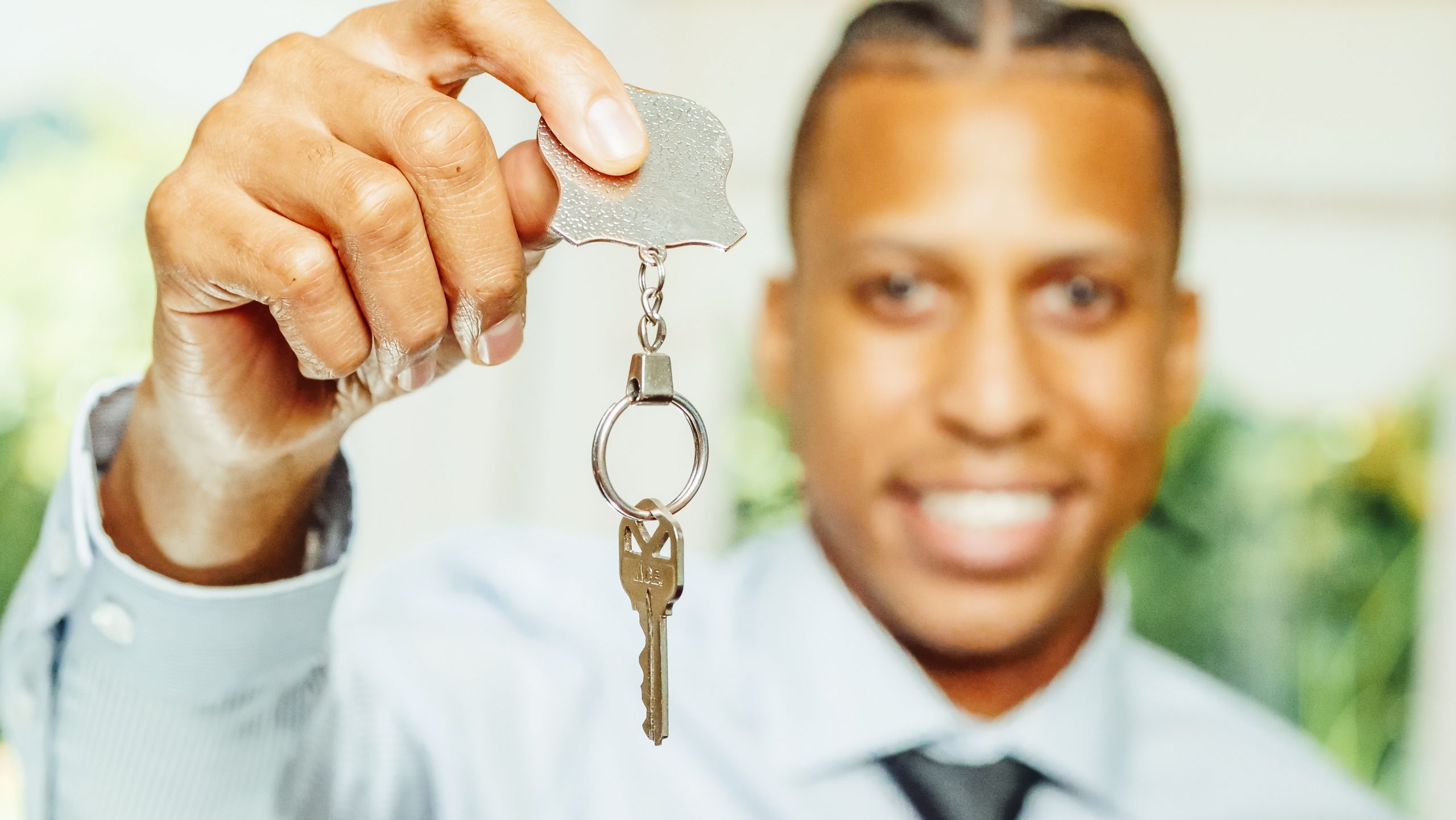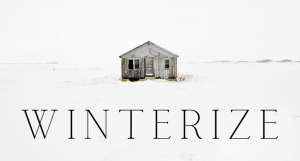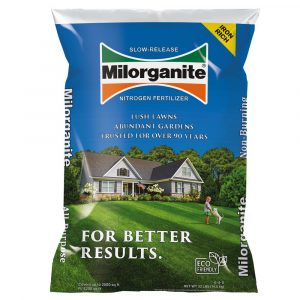Is it better to buy a home or to rent one?

Is it better to buy a home or to rent one? This discussion has been happening for decades. Supporters of buying claim you are making an investment, which can significantly increase in value every year you live in the home. Additionally, if/when you decide to rent out your home your renters are essentially paying for your mortgage if you still owe. When you no longer have a mortgage, you are will have positive cash flow every month.
Opposingly, advocates of renting argue that the additional costs that accompany owning a home, such as taxes, interest payments, maintenance, unexpected repairs, ect. can add up rather quickly. They point out that there is no guarantee that those expenses will be regained when it comes time to sell the home. Rather than investing in a home, it might be behooving of you to consider investing your savings in stocks, bonds, and other financial securities that pose less risk.
Recently, we have seen mortgage rates at all-time lows. This means that getting a mortgage is relatively cheap, raising the question, ‘Is it really worth it to keep renting?’
Regardless, whether interest rates remain low or not, the question of whether it is better to rent or buy will always exist. This is because the answer has a lot more to do with each person’s specific situation. We have compiled a few considerations for you to make to help you decide.
What is the real estate situation in the cities you are considering?

Reports are released every quarter stating the average national sales price for a home, and the average monthly payment for a U.S. rental. These reports are typically based on an average of all the cities in the U.S. What you really must consider is these same numbers for the local area you are considering.
Take a close look at the local sales and rental markets. You will notice some cities fall significantly below the national average, while others are well above it. When comparing housing costs, remember to base your assessment on what is currently happening in your city and neighborhood, not the nationwide averages. If you need help, don’t hesitate to reach out to one of our specialists by emailing us at WhidbeyCommunications@Windermere.com or finding your agent here.
How long will you live in the home?

If you do not plan to live in the home for at least five years, speaking finically, renting is likely your answer. This is because the upfront costs are spread out over many years throughout the mortgage loan. That means, the longer you plan to live in the home the better it is to buy as opposed to renting. Therefore, if you are ready to settle down for 7 to 10 years buying is likely the right option for you. During that time, it is highly likely that any home you purchase will appreciate.
Aim for a low mortgage rate.

Do not forget about the cost of your loan or the interest you will be paying your lender. When determining your mortgage rate, a lender will review your financial situation. Your rate is based on a combination of how much money you have saved, your credit score, your work history, and other factors. Be sure to talk to a loan officer well before you start looking for a home to help you prepare to get the best rate possible. You can find a local one here. Being pre-approved for a mortgage not only helps you determine your price range but also helps strengthen your offer when it comes time to compete for your new home.
Should you pay more than you are required to?

It can be beneficial to get a lower monthly payment than you can afford so that you can pay a little more than the minimum payment each month.
For example, if you can pay extra towards your monthly mortgage bill you can end up knocking years off the overall life of the lone. Let’s take a closer look. If you can pay $300 more per month towards your 30-year, $300,000 loan, you end up taking eight years off the life of the loan. You reduce your final bill by more than $63,000. That is savings you would never see if you rented. Additionally, every time you make that extra payment your equity in the home also increases.
Does the home need repair or improvements?

Buying a fixer-upper might get you a deal on a house, but it depends on the amount of repairs the home needs and your ability to fix it that determines whether it is a good buy or not. For example, if the money you spend on the repairs are higher than your gains when it comes time to sell it is not a good buy. Of course, there are other things to take into consideration like, how long will you live in the home and what will your satisfaction level be living in a possibly unfinished home for a significant amount of time?
There are opportunities where you can work with your mortgage lender for a repair loan. This can help you get that lot you want, and help you pay for the repairs. Be sure to ask your lender.
However, if you can only afford a home that demands major improvements, and you don’t have the skills to do much of the work yourself, it’s probably better to rent. You want to like where you live and feel satisfied with your home. If you cannot afford the repairs upfront your satisfaction with your new home will dwindle over time and you will become dissatisfied.
Do you have an alternative way to invest?

A home purchase can be an easy way to invest under the right circumstance. You can create significant savings while living in your home. But for others renting an apartment and investing savings in stocks, bonds, and other financial securities is better for their circumstances.
Speaking with a financial advisor about your specific financial situation can help. A financial advisor can break down what you need to do to get the best return on your investments. They can also see the big picture for your unique situation when it comes to your money.
Can you rent out a portion of the home?

Is there an opportunity to maximize your investment and let it work to your advantage? If you buy a house that includes a rental (extra bedroom, mother-in-law unit, studio, etc.) you could be the landlord instead of paying the landlord. With the additional income, you could pay off the mortgage sooner, saving you big bucks in the end while also contributing money to your savings. Of course, this means you would need to be willing to share part of your home with a tenant and take on the responsibilities of being a landlord or work closely with a professional property manager to help you.
Time to make your decision.
For more help making sense of your findings, analyzing other factors, and help looking at home options contact one of our experienced Windermere Real Estate agents by clicking here.
Winterize

Winterize

Have you been outside lately? There has not been a coatless day in WEEKS and the trees downtown are one harsh wind away from officially being bare.
The point is…it’s cold.
We all know the drill here. We put away our summertime flip flops in exchange for wool socks and thick boots. Our tank tops get pushed to the backs of our closets as sweaters emerge. Winter is coming and we are preparing our closets accordingly.
But how are you preparing your home?
It’s hard to imagine failing to maintain the greatest investment we’ve ever made yet every year a shocking number of homeowners fail to do basic winterization tasks. Some don’t even know that they should! To lend a helping hand here are the Top 5 Winterization Tasks you should do every year.
Clean out the gutters
Those beautiful fall leaves we’ve been watching descend so gracefully from the sky are the same ones descending into your gutters. Although that might not mean much now, when the temperature dips down to freezing it can mean a whole lot. Water unable to escape the drains due to fallen leaves expand as it freezes. This can cause gutters to become damaged or pull away from the house. Eventually these become overhead hazards that threaten to fall from above.
Cleaning your gutters may not be fun, but it is vital and pretty easy. Simply grab a ladder, some work gloves, a trash bag, ang get to work! You’ll probably find it goes faster than you ever imagined.
Flush irrigation systems
If you have a sprinkler system for your home, it is of the utmost importance to have the lines professionally blown out before the cold hits! As we talked about with the gutters above, when water freezes it expands. This is bad news for those underground pipes! Frozen water that expands within irrigation pipes can cause pipes to crack or burst destroying your system and your yard. Below are some local companies certified to service irrigation systems:
Precision Plumbing and Backflow Testing | 360-914-0321
Everflow Irrigation | 360-840-4793
GCF Backflow Services | 360-320-9871
Evergreen Landscape & Maintenance | 360-679-2363
King Water Company | 360-678-5336
Cover outside faucets
Going hand in hand with blowing out that sprinkler system is covering ALL outside spigots. BURSTING PIPES! It’s a very real issue that can cause thousands of dollars in property damage. Luckily, covering your pipes can be as easy as going to your local hardware store and picking up one of the below faucet covers. They are extremely easy to install and if you are even a little concerned we have found a helpful video to guide you through!
Fertilize the lawn
Winter months seem to only to bring with them frost and death. Luckily, that doesn’t have to be the story for your lawn. Winter fertilizer helps your grass recover from minerals lost in the scorching summer sun and stock up on the nutrition it needs to withstand the cold winter months. This will prevent it from dying away when spring hits.
However, living on an island brings with it special considerations when it comes to fertilizing your lawn. Traditional fertilizers often contain high amounts of hazardous chemicals such as zinc, lead, cadmium, chromium or sometimes even arsenic. The risk of these chemicals is only elevated with the addition concern of their runoff into the Puget Sound. Living on Whidbey increases this risk drastically even for the most centrally located island properties. That’s why we highly suggest using eco-friendly fertilizers such as Milorganite’s Slow-Release Nitrogen Fertilizer which you can pick up Home Depot today!
Replace weather stripping
Every year countless sums of money are spent on the excess heating required to keep our homes warm in the winter months. But is all that money necessary? You’d be shocked to learn all the different ways in which the sacred warm air inside escapes from your home. Although some of these issues require big solutions like reinstalling insulation in your roof or switching to a better heating system altogether; quite a lot can be done in simply replacing some of your weather stripping around the house!
How long has the weather stripping along your exterior doors been there? Since you’ve moved in, right? Well every time that door opens and closes there is a little more wear to the stripping and after a few hundred passages it’s no wonder it starts to give way.
Replacing weather stripping is easy and relatively cheap! Check it out:
You might also like:

 Facebook
Facebook
 X
X
 Pinterest
Pinterest
 Copy Link
Copy Link

